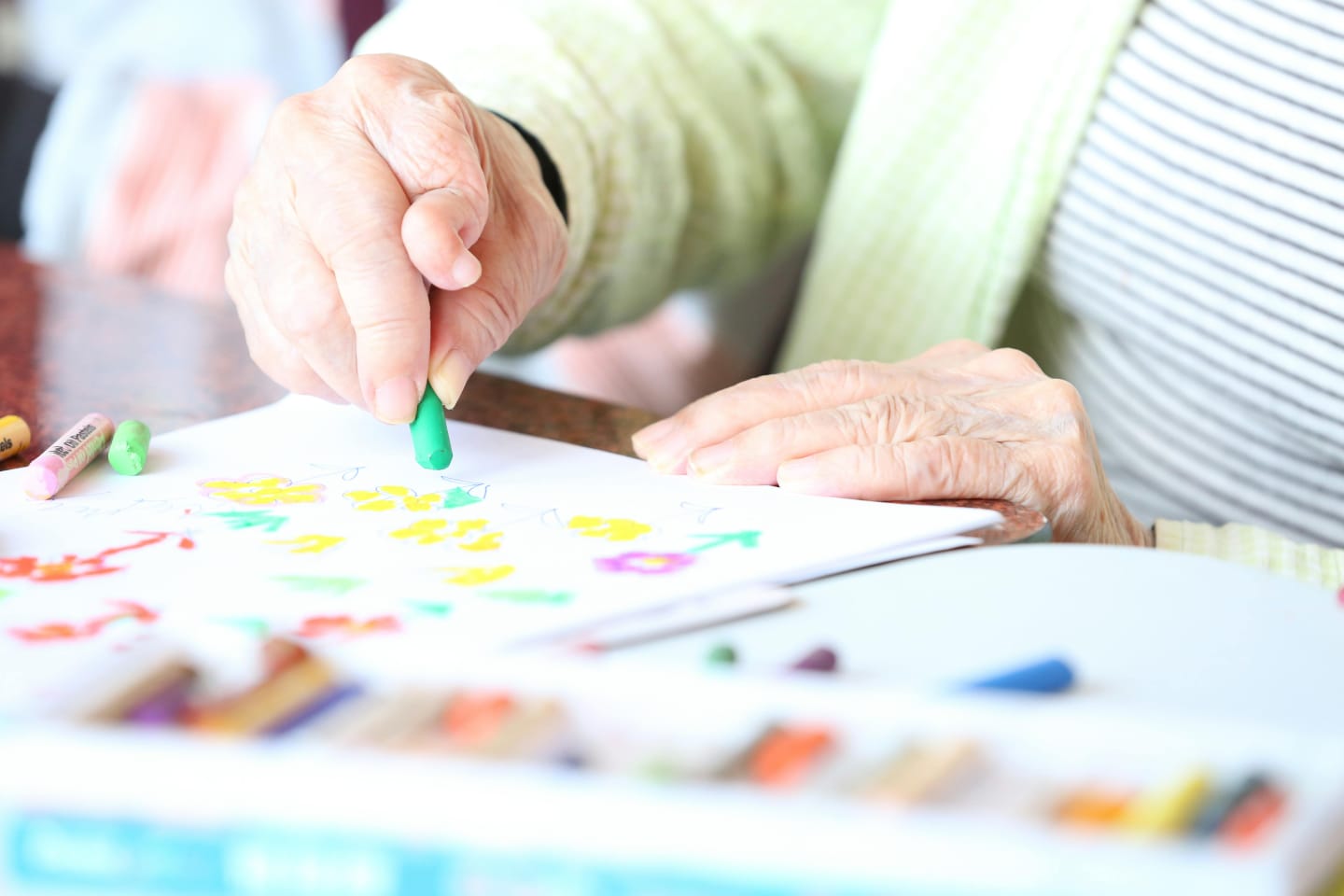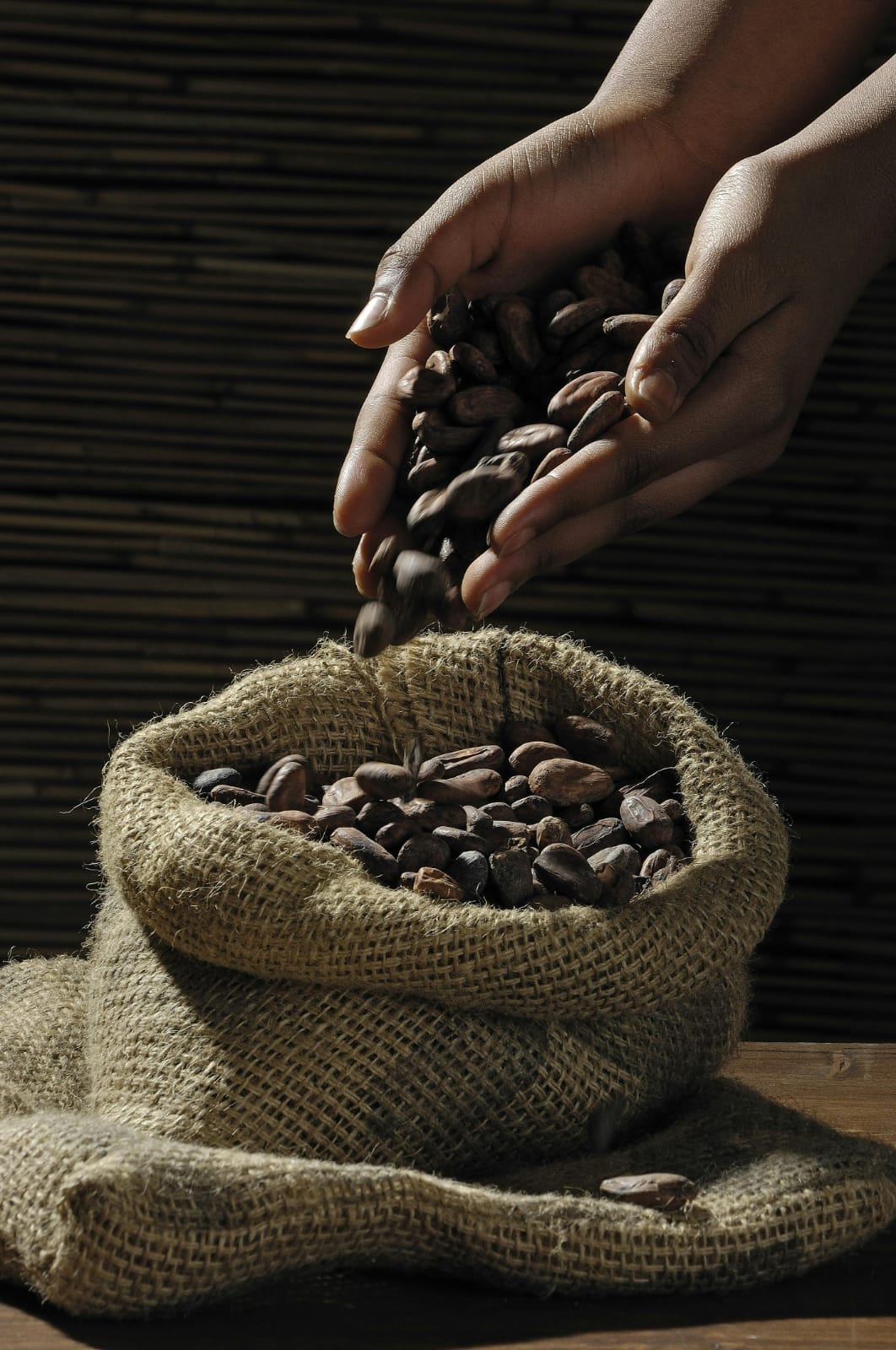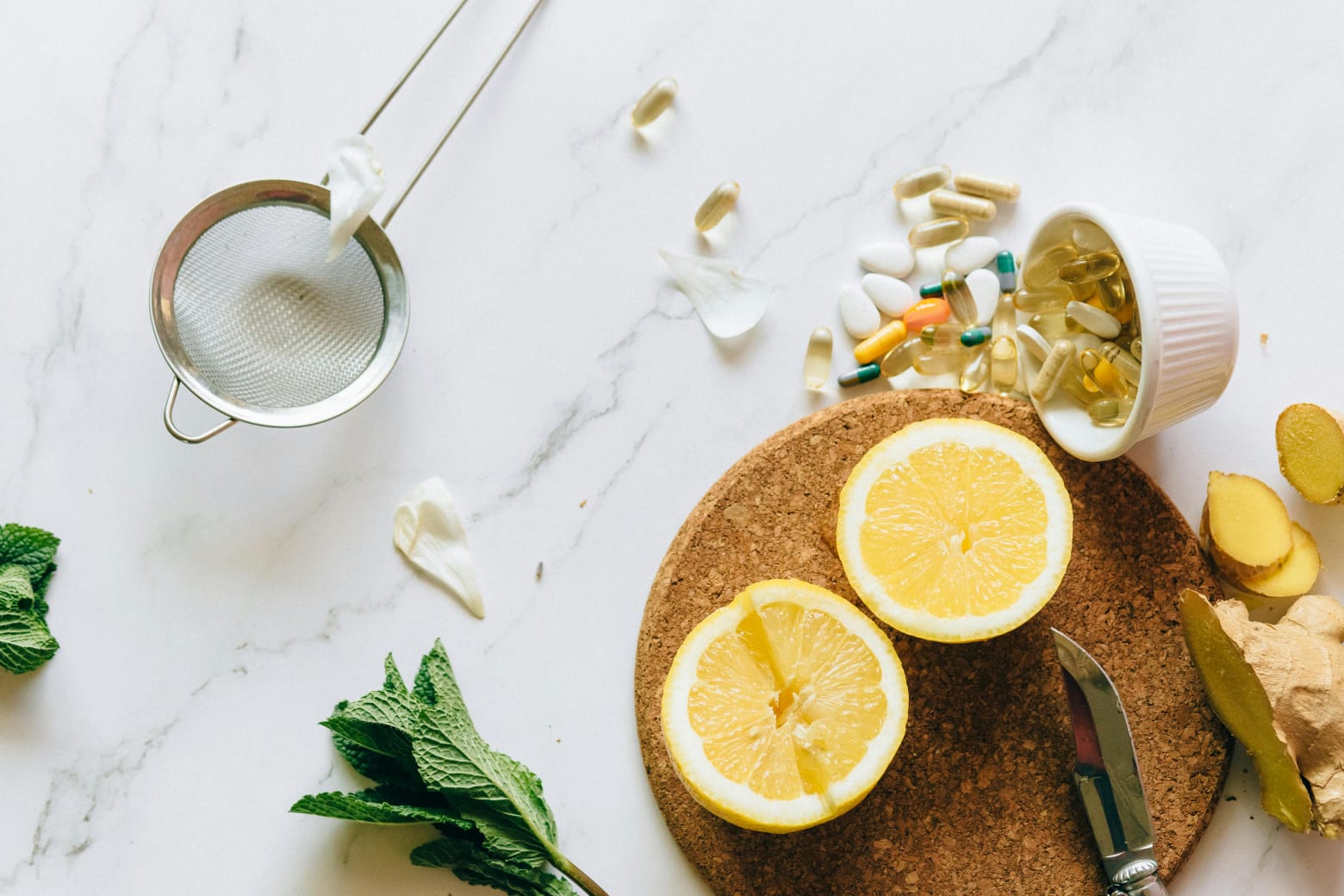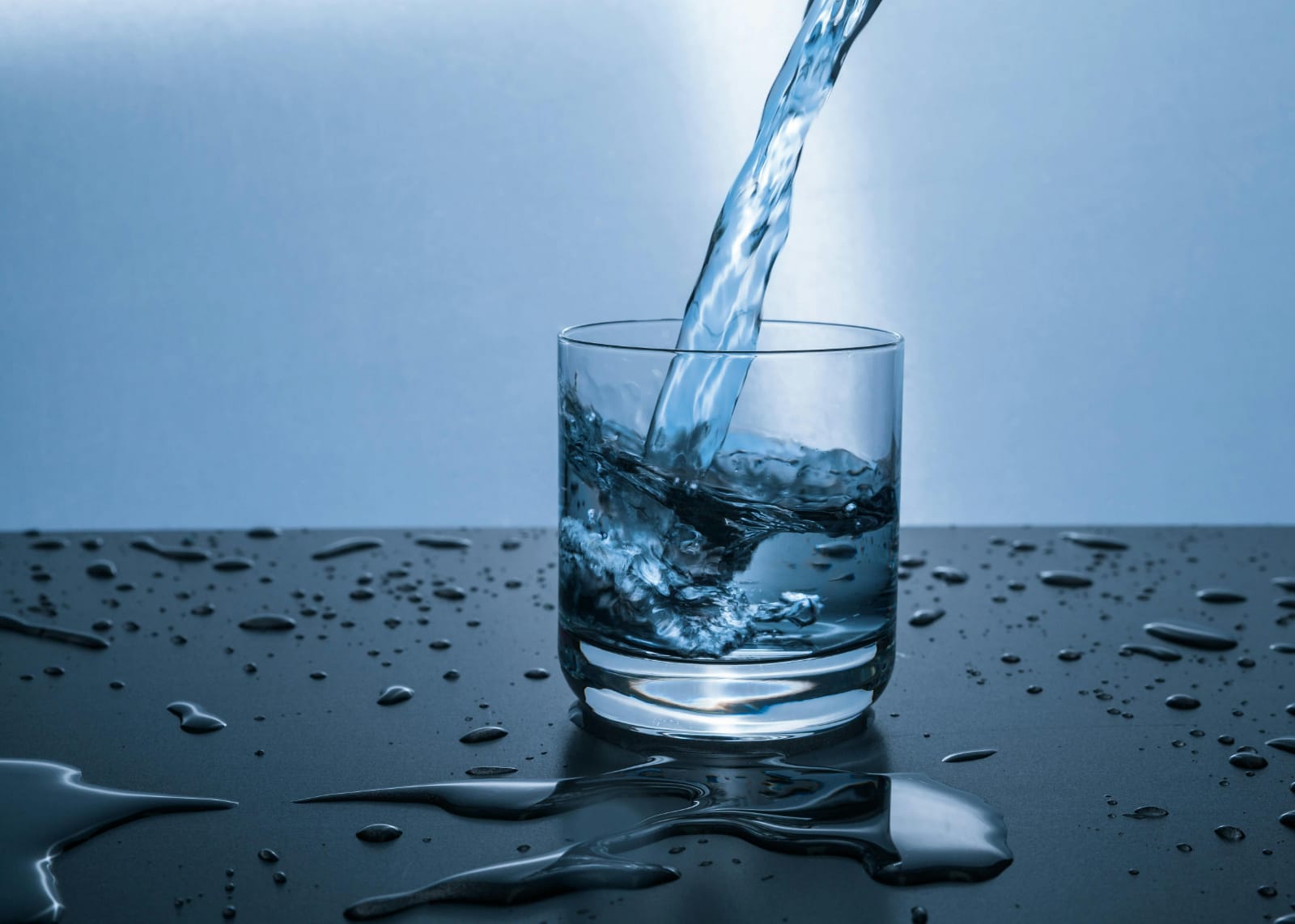Impotence of water and Ice in Medical Terms, Types of water, How water work in Our Body?
Different conditions have different effects on water and ice. Here is a detailed explanation of its different effects in different situations:
Cold water:
Drinking cold water is most necessary and beneficial in all steam conditions. A peculiar way of using it in high fever is to make the patient drink cold water from a large container so that the cold begins to affect the teeth, causing them to shiver and turn green. This measure sometimes results in immediate relief, when excessive urination or perspiration suddenly stops and the patient immediately becomes well. Sometimes the fever will suddenly drop and the risk of fever will decrease.
Conditions when cold water should not be used:
Cold water should not be given to a patient in the following conditions:
1. When the stomach and liver are weak.
2. When coldness prevails in the stomach and liver.
3. When there is inflammation in the abdominal organs.
4. When the patient has pain anywhere in the body.
5. When the patient has lack of blood.
6. When the patient's temperature control mechanism is imperfect.
7. When the patient is not used to drinking cold water.
8. When the patient's body is slim.
Under such conditions, if the treatment is carried out with cold water, the patient may experience exacerbation, difficulty in swallowing, difficulty in breathing, convulsions and weakness of the nerves.
The most caution is for a patient who previously experienced discomfort when drinking cold water.
The effect of drinking cold water on various health conditions:
Fever:
In cases of fever, especially of such intensity that there is fear of convulsions, it is advisable not to drink cold water. However, during dengue epidemics, healthy individuals often consumed cold water in hopes of reducing the severity of the fever. Cold water can be very helpful in treating ailments involving bleeding from the body as well as conditions affecting the hands.
Unconsciousness:
Splashing cold water on the face can help regain consciousness in an unconscious state.
Sunstroke :
Bathing in cold water and sitting immersed in it is very beneficial for severe heatstroke. For individuals without wounds on the body who are overweight, fresh, young and prone to heat illness, a sudden immersion in cold water in the summer season is very beneficial. People prone to kidney stones should continue to drink water between meals to prevent stone formation.
Disorders caused by irregular water consumption:
Drinking water immediately after eating fruits and vegetables can cause indigestion and related illnesses. Repeatedly committing this mistake can lead to gastrointestinal diseases.
Times when it is not recommended to drink cold water:
It is not advisable to drink cold water when thirsty, immediately before or after a meal, between exercise and strenuous physical activity, during sleep, after waking up in the morning, after sexual intercourse or when lying down with a stiff back.
In all these situations, consumption of very cold water can lead to various ailments, including nervous weakness, stomach weakness, liver weakness, discolouration of the body, forgetfulness, sluggishness of mind, reduced sensory perception, lack of sleep, stuffy nose, flatulence, fever, fatigue , dizziness, tremors and stroke-like symptoms.
There are no restrictions on drinking water in hot countries, hot weather, advanced age, hot temper and dengue fever season.
"Ganga Water":
Gangna water helps relieve thirst caused by stomach infections, soothes the neck and chest, provides relief from pain and discomfort in the chest, and is beneficial for swelling. Its use in an enema helps expel intestinal gas and reduce inflammation. It also relieves menstrual irregularities.
Hot water:
Drinking hot water helps with digestion, especially on an empty stomach, and prevents the formation of kidney stones. However, drinking salt or brackish water can lead to stone formation. After exercise and heavy meals, drinking hot water can cause back stiffness. Washing the head with hot water can improve memory and is beneficial for patients with epilepsy. Hot water enemas are more effective than warm water. It is also useful to heal wounds on the hands and feet and to deal with clots under the skin. It helps in relieving itching and treating skin conditions such as eczema and dermatitis. In addition, bathing in hot water is more beneficial than bathing in warm water. If someone is bitten by a poisonous animal, soaking in this water can provide relief. Sniffing hot water can stop hiccups.
These statements were about clean water. Now let's discuss medicated water, which comes in two types: primary and secondary. Primary medicated water is from natural springs and contains the essence of healing herbs, while secondary medicated water contains the essence of herbs boiled in it. The potency of primary medicated water is much higher, especially if the herbs are steeped repeatedly. Both primary and secondary medicated waters are equally strong in terms of potency.
Gandhak spring water is beneficial in treating the following conditions:
- Liver inflammation and pain, heart inflammation and pain, uterine pain, severe inflammation, stroke, paralysis, epilepsy, all types of skin diseases, leprosy, smallpox, scabies, deafness, paralysis due to snakebite, wounds, convulsions, poisoning, gangrene and specific types of headaches.
Tubewell Water:
- A bath with this water is effective in the treatment of jaundice.
Water from iron containers:
- The use of this water helps in the treatment of the following diseases: weakness, indigestion, liver weakness, diarrhea, jaundice, inflammation of the spleen, stroke, paralysis, anemia and excessive menstrual bleeding.
Silver and Gold Water:
- It is a heart strengthening tonic, especially beneficial for heart health and generally effective for overall strength. It is useful in weakness and melancholy.
Ice:
- The greatest benefit of using ice in treatment is that placing it on the abdomen of a patient with a high fever reduces or greatly reduces the fever. Among all the methods and medicines to reduce fever, this is the most effective method. Another significant benefit of ice in treatment is that placing it on the painful area provides relief; so using it on cancerous swellings is a good way to relieve pain. Moreover, whenever it is necessary to reduce the severity of heat in an illness, ice is most effective and there is no better treatment. There are countless cases where the use of ice has been invaluable to patients.
Placing snow on the temples will stop nosebleeds. Consuming crushed ice helps relieve congestion in the throat. The use of snow is communication
Recommended Blogs


Mansab Ali


Mansab Ali


Mansab Ali



